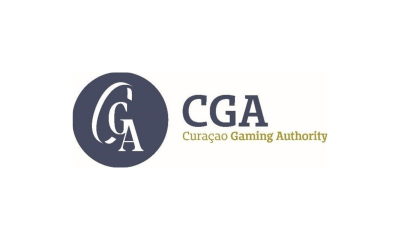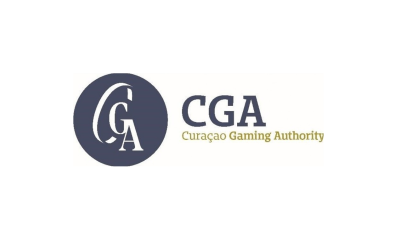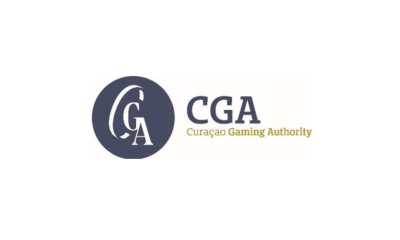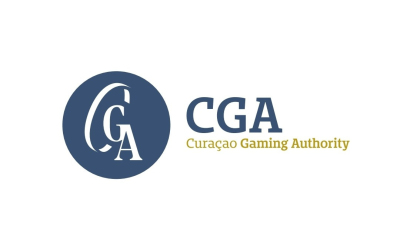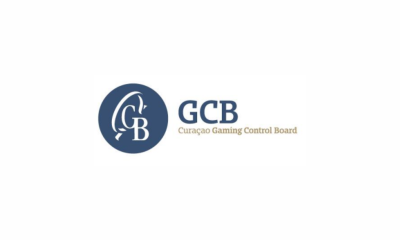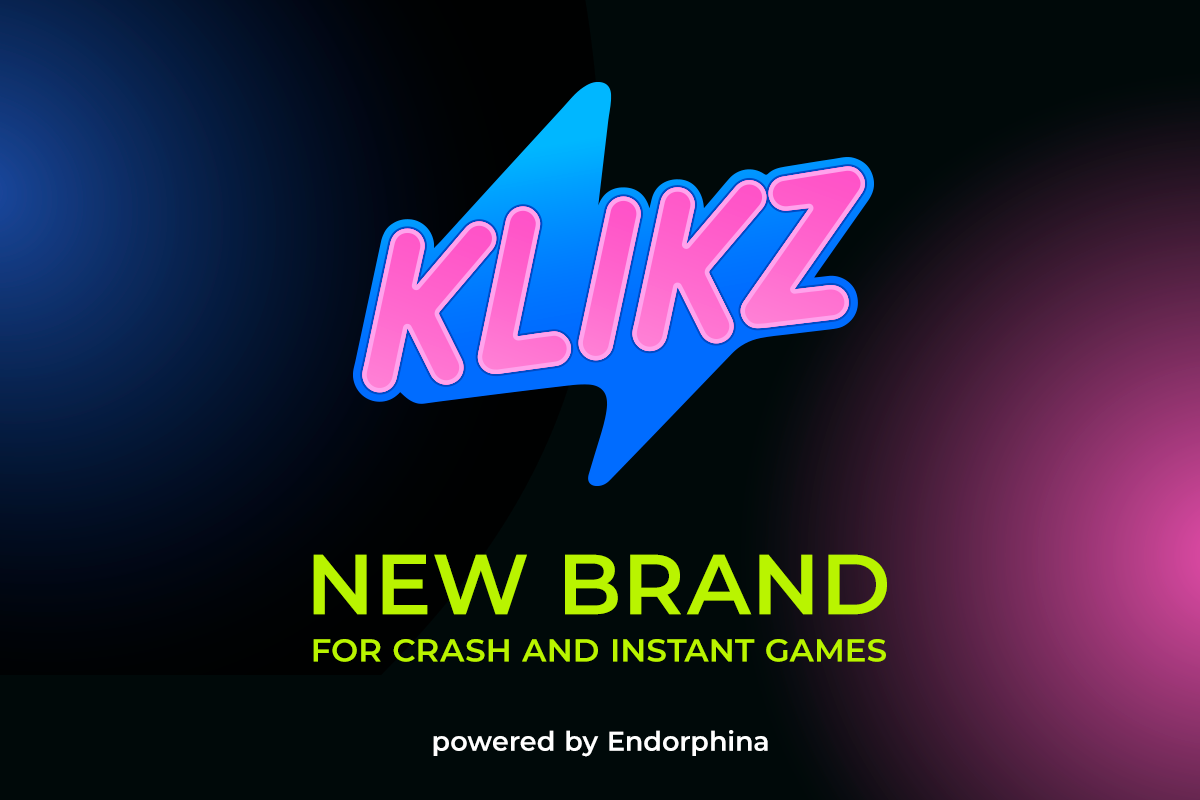Affiliate Industry
How can iGaming operators navigate Curaçao’s new gaming law?
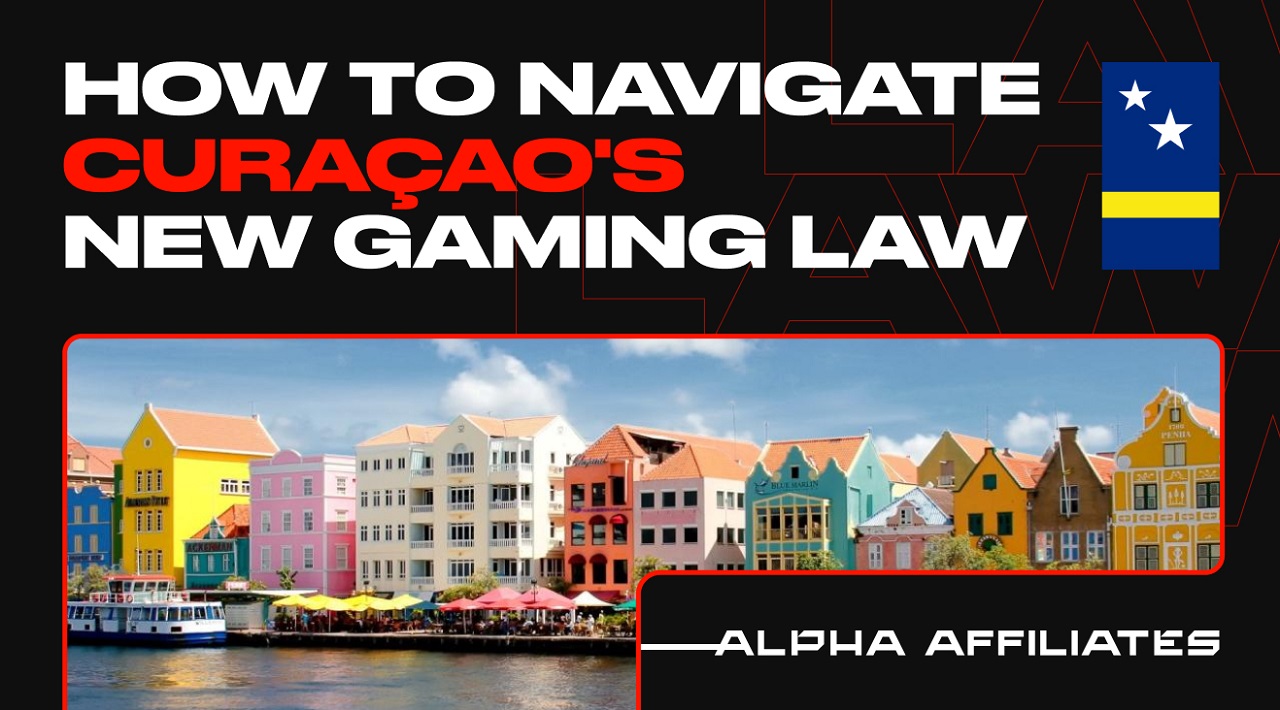
By: Alexandra is Chief Legal Officer at Alpha Affiliates.

She joined the company in 2020 after gaining considerable experience in international market research and HR outsourcing companies. No deal or event takes place without her involvement and assistance, from minor to the most critical. Alexandra is responsible for a wide range of legal issues related to the gambling and affiliate marketing industry, including regulatory compliance, licensing, contract drafting, dispute resolution, and other juridical matters.
Thanks to its licensing system, Curaçao has long fostered a business-friendly environment for iGaming companies, in which they can operate and thrive. That being said, the existing regulatory framework is being scrutinised for not adhering to international standards. As such, the government is conducting an entire overhaul of the current regulations, and instituting an updated version known as the National Ordinance for Games of Chance, or LOK, which will come into force in the first three months of 2024.
With it comes the Curacao Authority (CGA), which is an entirely new regulatory body responsible for enforcing the guidelines, including compliance, imposing sanctions, introducing new policies and issuing any necessary licenses. Overall, the new regulations will introduce harsher requirements for anti-money laundering, fraud prevention and player protection.
What effect will the new changes have?
As with any new law or legislation, the affected bodies will have a time frame in which to familiarise themselves with the changes and adjust, or face certain repercussions such as non-compliance fines. The LOK framework changes affect the ways in which operators disclose certain information, ensure data protection, address anti-money laundering, privacy measures for gaming and monitoring tactics.
Disclosure procedures: The updated regulations require operators to disclose their beneficiaries and provide proof of identity and evidence of where their funding is sourced from.
Data Protection: Operators must have the correct measures in place to assure users their data is secure and protected from unauthorised access and misuse.
Anti-money laundering: As gaming sites can often be a gateway for money laundering, under the LOK, operators must have the right policies and follow robust procedures to reduce and ultimately prevent this type of activity.
Privacy for players: iGaming companies will need to provide more transparency in their services, while still respecting their players’ rights and privacy. In order to do so they must invest in responsible gaming tools and support, to provide a safe environment for their players to operate in.
Monitoring: Any suspicious transactions or fraudulent activities will need to be immediately reported to the CGA to reduce their occurrence and mitigate any potential consequences.
Prices for licensing
Alongside the regulatory changes, the licensing fees will also increase, in order to foster a safer and more responsible environment. Starting next year, the proposed fee payable for companies wanting a license to operate will be $5,000. On top of this, operators will pay an extra $340 per qualified person and $275 per UBO. For B2C companies, the Annual License fee will decrease from $66,000 to $25,000 and there will be no GPT tax. Finally, licensed iGaming companies will be expected to pay a gaming contribution of $26,500 to the CGA.
In order for the licensing application requirements to be met and the corporate structure to be set up properly, operators should seek assistance from their in-house legal departments. This way they can prevent making any mistakes when switching their operations to comply with the new guidelines and ensure that they set up a well equipped and responsible environment for their players.
Applying for a license
The Gaming Control Board (GCB) opened the new licensing portal on September 1st earlier this year, leaving iGaming companies with two options. They can either apply for new licenses and follow the regulations outlined in the LOK, or they can register as sublicensees. What do both of these options look like?
Purchasing a new license: Those operators looking to apply for a new license must evaluate their existing corporate structure and assure themselves they are able to fulfill the requirements outlined in the LOK. Despite new applications being reviewed under the current legislation, they must still comply with the updated guidelines in order to qualify.
In order to do so, companies should be conducting financial and technical reports on their operators and review any responsible gambling measures. By having the correct and detailed documents, they’ll be able to demonstrate their compliance to the new regulations, and as such, will be granted a new license.
Applications will be accepted from the 15th November 2023 onwards, and if successful, applicants will receive a provisional license to operate. This will last them until the LOK comes into full effect, they will be automatically transferred and have the ability to offer their services online within Curaçao and other LOK jurisdictions.
Registering as a sublicensee: Operators that were issued a license under the old regime will have a set period of time to register for a full license before their sub-licenses expire. So, while under the new law, their current licenses are valid for a year after the LOK is enacted, they will have to purchase a license within 90 days following their extension in order to keep operating.
With the increasing popularity of iGaming, it is vital that its operators maintain a responsible and supportive environment for players. As such, the new LOK regulations should not be seen as an inconvenience. At Alpha Affiliates we are required to comply with regulations. As an operator ourselves, we must make sure to understand the changes and remain competitive within our markets and continue working with affiliates and iGaming partners.
Not only are these new guidelines vital for companies to continue their current operations, but they are also an opportunity for development and respect from the international gaming community. As long as operators stay on top of the monitoring and analysis, they will be able to continue functioning as normal, while strengthening their business in the long run.
-

 Asia5 days ago
Asia5 days agoDigital gaming disruption tackled in 1st AsPac Regulators’ Forum
-
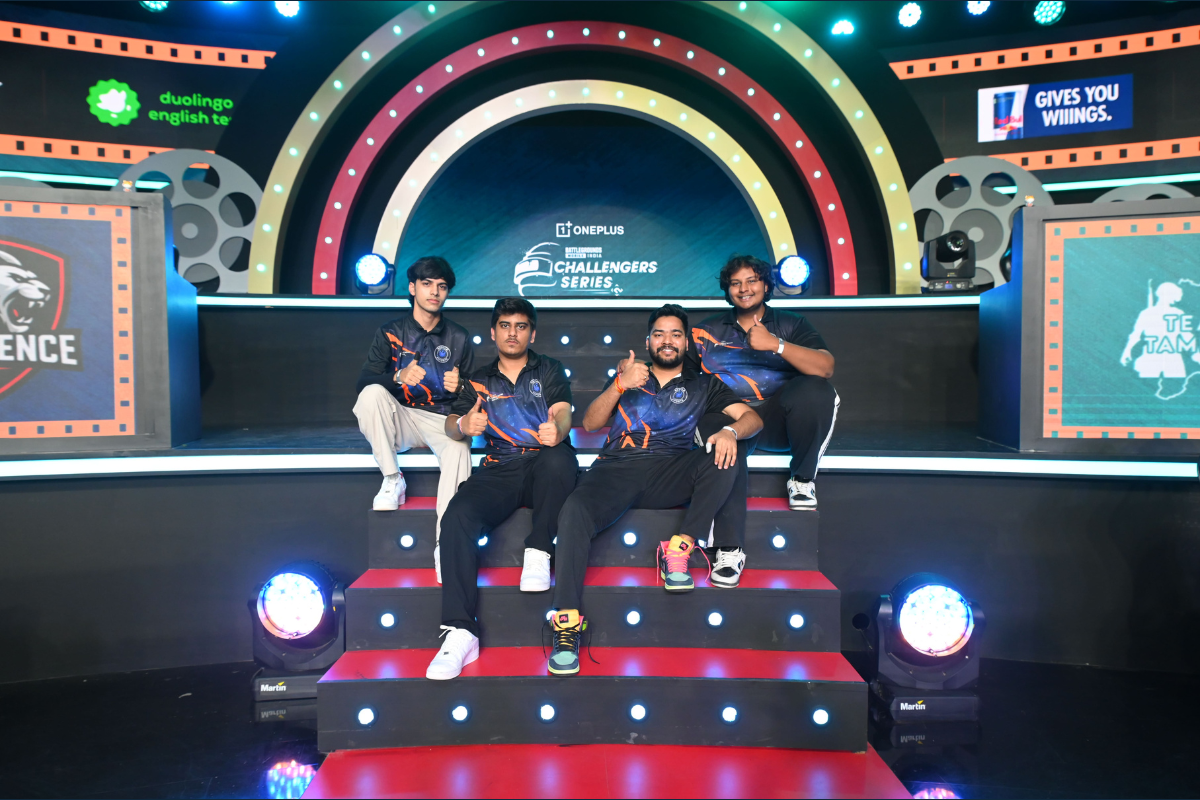
 Asia7 days ago
Asia7 days agoBGCS and BGMS league stages conclude; rising stars set to meet pros in the playoffs
-
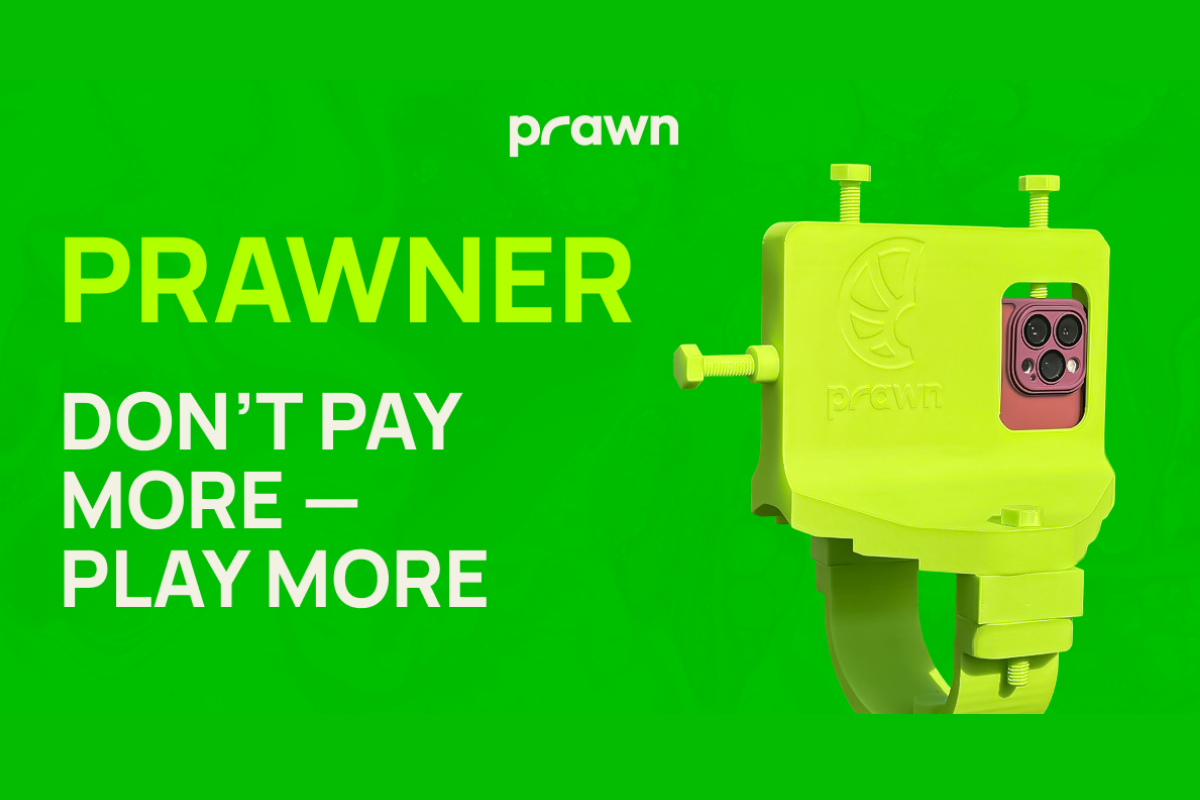
 Central Europe7 days ago
Central Europe7 days agoFootball Stats Startup Challenges Multi-Million Company With Free Publication Of Blueprints
-

 Latest News7 days ago
Latest News7 days agoThe Current State of the German iGaming Market and Its Role in Europe
-

 Eastern Europe7 days ago
Eastern Europe7 days agoSYNOT Games Partners with WIN2
-
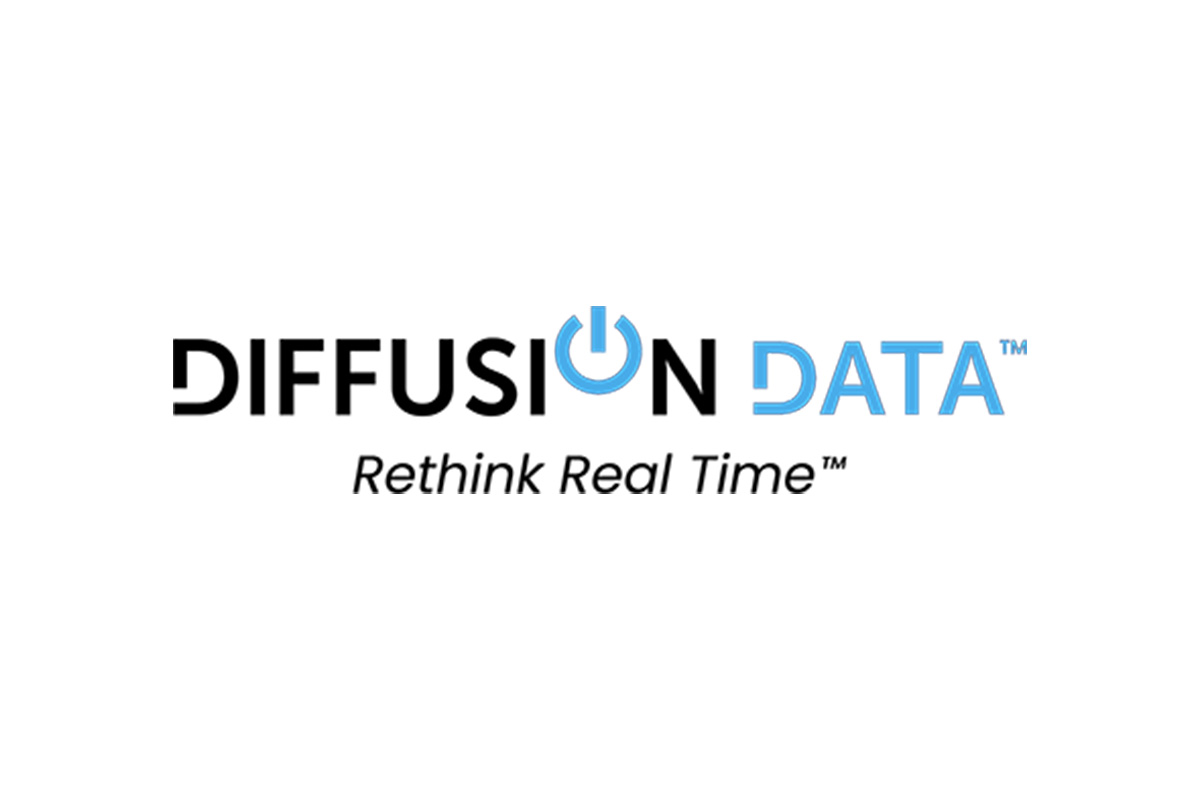
 Latest News7 days ago
Latest News7 days agoDiffusionData Releases Diffusion 6.12
-

 Latest News7 days ago
Latest News7 days agoOperator-Exclusive Slots: Do Content Bundles Still Deliver ROI?
-
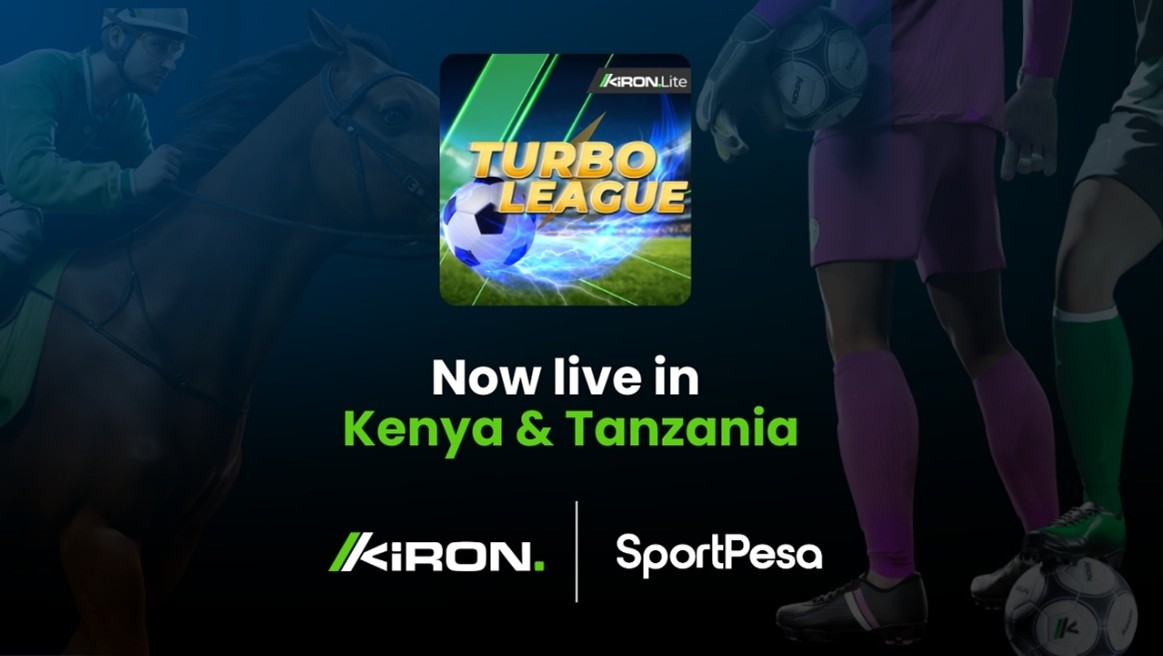
 Africa6 days ago
Africa6 days agoKiron announces the launch of its new virtual football title, Turbo League, with SportPesa in Kenya and Tanzania






